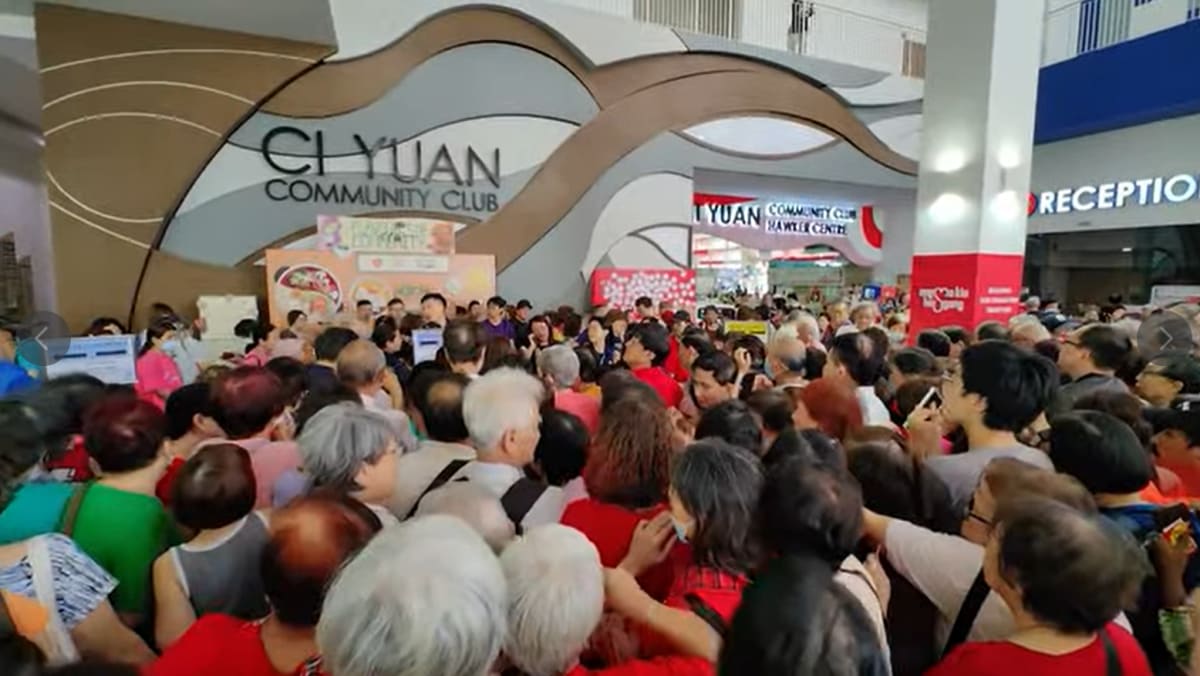Here is an excerpt of the conversation:
Crispina Robert, host:
We can’t talk about this without talking about how it will impact us, right? In terms of jobs, professionally, for example, we’re all deep into this. Every company I know is experimenting: How is it making your work more efficient? How can you do things better?
And some people are saying it’s even displacing some very junior-level jobs which ChatGPT can do. How worried are you on a scale of one to 10 (about the potential impact of AI on jobs)?
Jianggan Li, founder of Momentum Works:
Two.
Dr Leslie Teo, senior director at AI Singapore:
I’m at 10.
Steven Chia, host:
Okay, now tell us why?
Jianggan:
I think Leslie kind of answered my question, right? Because if you have people like Leslie who worry at the level of 10, then I don’t have to worry.
Crispina:
(But) you’re optimistic that humans will adapt?
Jianggan:
I’m optimistic for the long term. I’m a little bit cautious about the short term, because I (did) see that when ChatGPT came out, when Midjourney came out, I (did) see (that) … gaming studios started laying off people because graphic design and certain functions, they could do it more efficiently, and they (needed) fewer people. And we can always say that, okay, the skills can be retained.
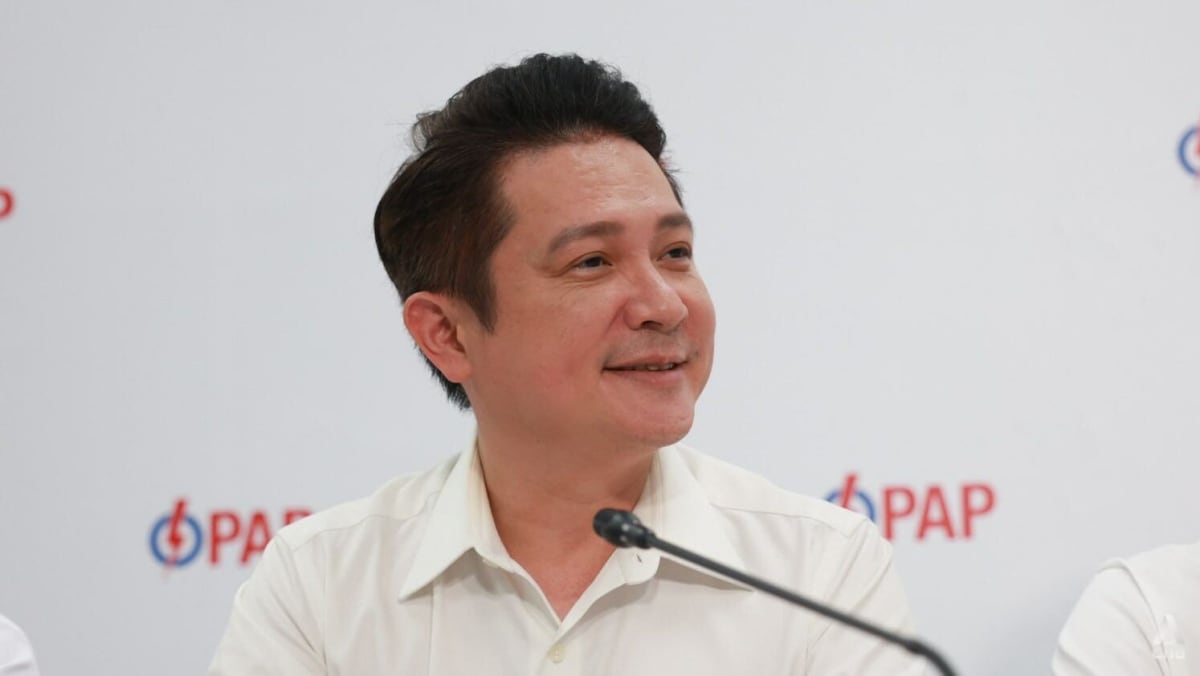

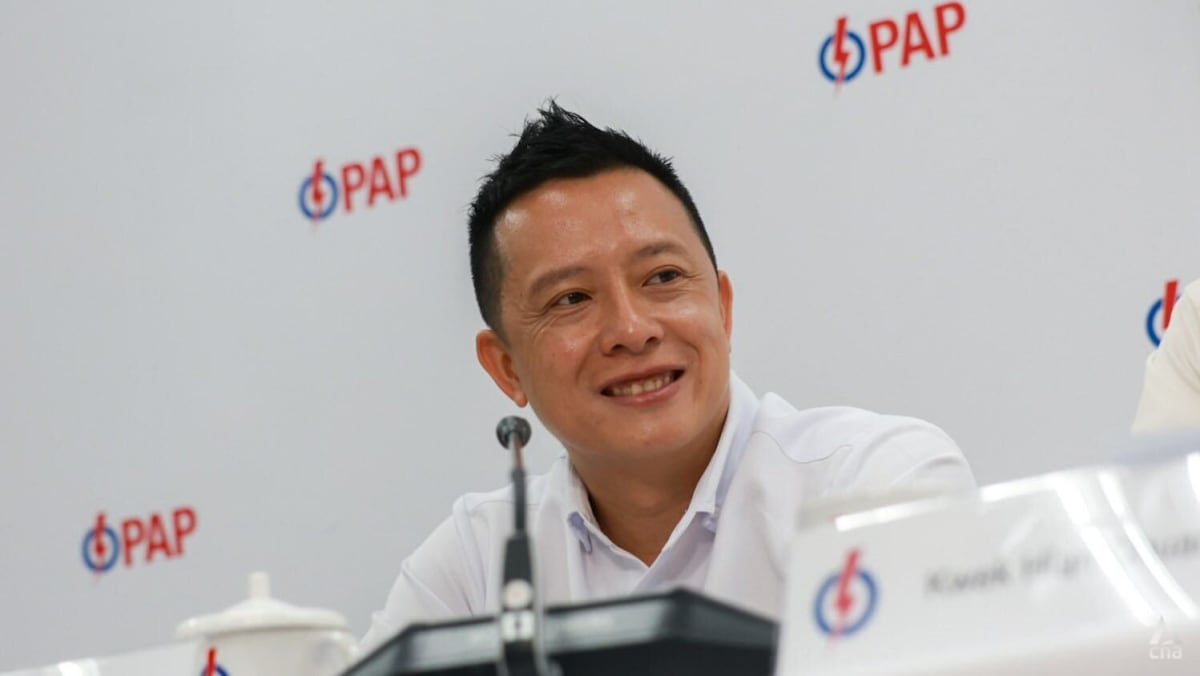



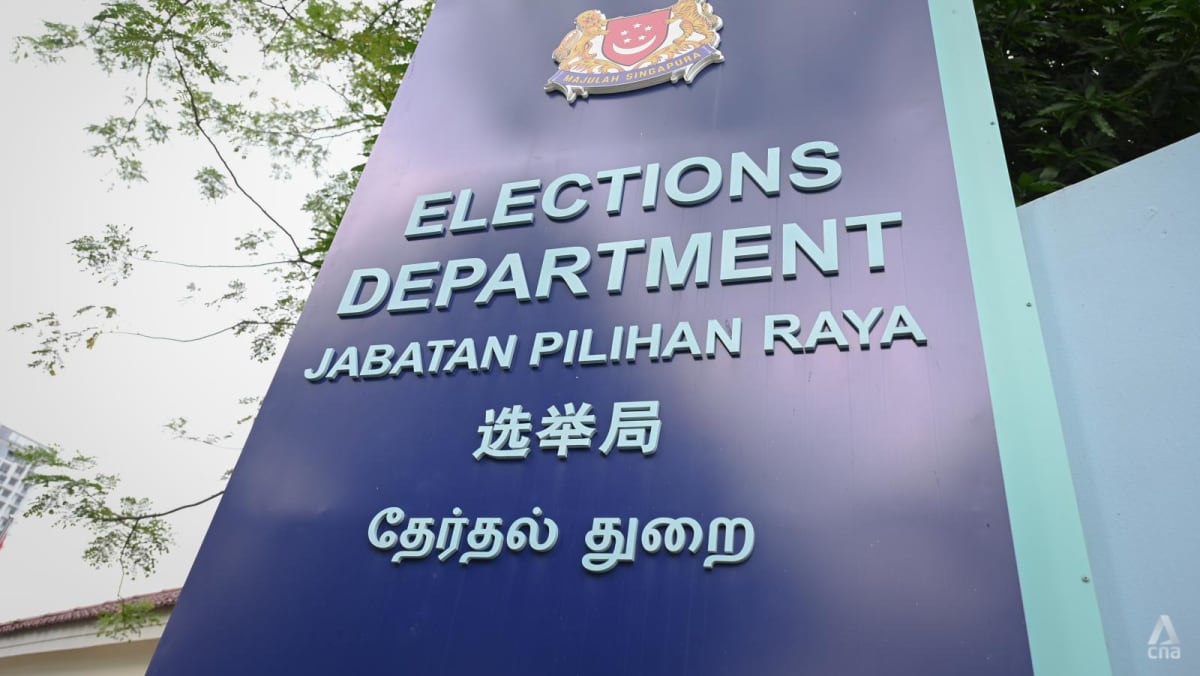
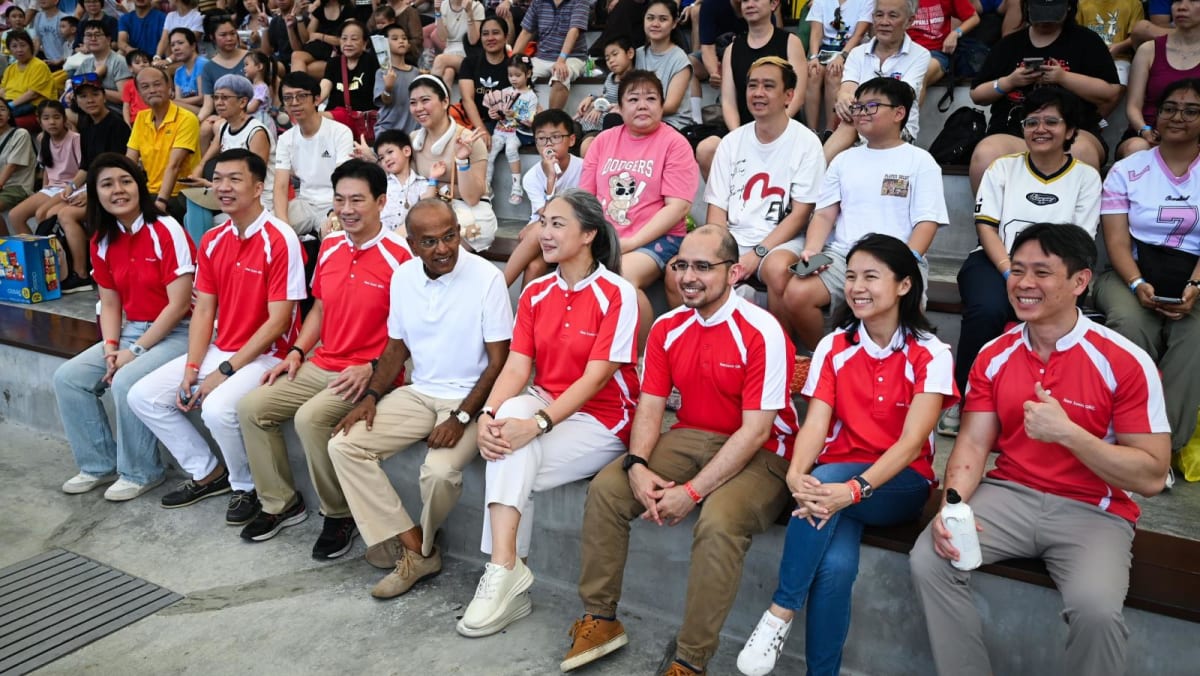

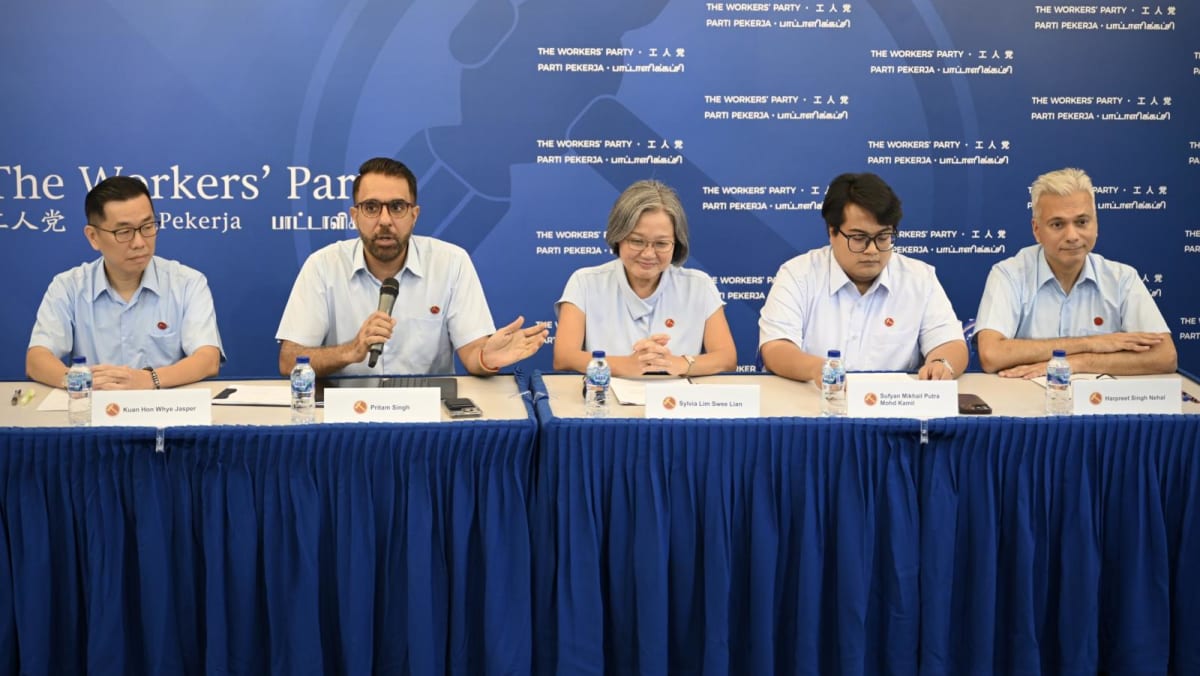
.jpg?itok=COjfDl6t)

